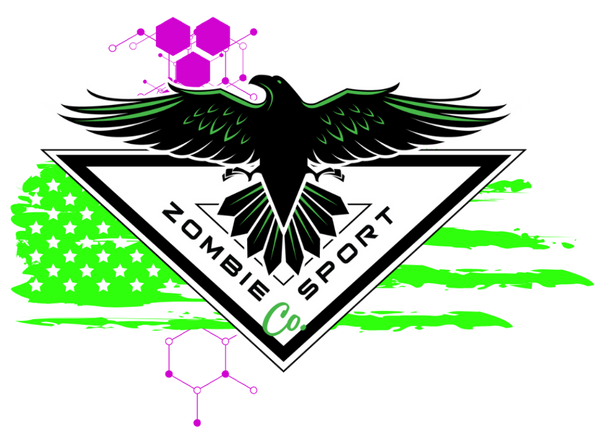Tea tree oil, scientifically known as Melaleuca alternifolia, has been used for centuries for its medicinal properties. It's considered a very versatile oil, particularly effective for wound care, which is why it's featured in numerous skincare and healing products, including the imaginative and potent blends like those from Zombie Sport Company. But what is the science behind tea tree oil's wound-healing prowess?
Antimicrobial Properties:
One of the primary reasons tea tree oil is excellent for wounds is its powerful antimicrobial properties. Studies have shown that tea tree oil has the ability to kill or stop the growth of microorganisms like bacteria, viruses, and fungi (Hammer et al., 1999). This is due to constituents like terpinen-4-ol that disrupt the cell walls of microbes and interfere with their ability to thrive.
Anti-inflammatory Effects:
Wounds often become red, swollen, and inflamed, which can slow the healing process. Tea tree oil contains compounds that are recognized to have anti-inflammatory effects. By reducing inflammation, tea tree oil aids in creating a more conducive environment for wound healing (Hart et al., 2000).
Stimulating Immune Response:
Tea tree oil is also known to enhance the body's immune response to wounds. By activating white blood cells and increasing their ability to fend off infections, tea tree oil helps to protect wounds from developing infections which could otherwise lead to complications (Koh et al., 2002).
Promoting Tissue Regeneration:
Wound healing is a complex process, involving inflammation, tissue formation, and remodeling. Tea tree oil has been found in several studies to potentially help with the generation of new cells, which is crucial for the healing of tissues damaged by cuts, scrapes, and other wounds (Carson et al., 2006).
In the context of sports, athletes, MMA, and jiu-jitsu practitioners:
-
Contact Sports: In contact sports or martial arts, minor abrasions, cuts, and scrapes are common. The antiseptic properties of tea tree oil make it an ideal choice to cleanse the wound initially and prevent infection.
-
Sweat and Friction: The sweating and skin friction common in these activities can also create an environment conducive to bacterial and fungal growth. Tea tree oil's anti-fungal properties are beneficial for these types of irritations.
-
Quick Healing Requirement: Athletes cannot afford long recovery periods as it could hinder their training and performance. Tea tree oil, with its ability to aid in quicker wound healing, becomes a go-to solution.
In conclusion, tea tree oil's antimicrobial, anti-inflammatory, and tissue regeneration capabilities make it scientifically proven to be an effective natural wound care agent. When used in a carefully formulated product like those from Zombie Sport Company, it can ensure that sports enthusiasts and athletes have a natural, science-backed ally in speeding up their healing process so they can get back to the activities they enjoy faster, without the worry of infection or prolonged wound care.
References:
- Hammer, K. A., Carson, C. F., & Riley, T. V. (1999). Antimicrobial activity of essential oils and other plant extracts.
- Hart, P. H., Brand, C., Carson, C. F., Riley, T. V., Prager, R. H., & Finlay-Jones, J. J. (2000). Terpinen-4-ol, the main component of the essential oil of Melaleuca alternifolia (tea tree oil), suppresses inflammatory mediator production by activated human monocytes.
- Koh, K. J., Pearce, A. L., Marshman, G., Finlay-Jones, J. J., & Hart, P. H. (2002). Tea tree oil reduces histamine-induced skin inflammation.
- Carson, C. F., Hammer, K. A., & Riley, T. V. (2006). Melaleuca alternifolia (Tea Tree) oil: a review of antimicrobial and other medicinal properties.
Please note that while tea tree oil can be beneficial for wound care, it is important to use it properly, often in a diluted form, to prevent skin irritation or allergic reactions. Always follow the manufacturer's guidelines or consult with healthcare providers when using natural products for medicinal purposes.

